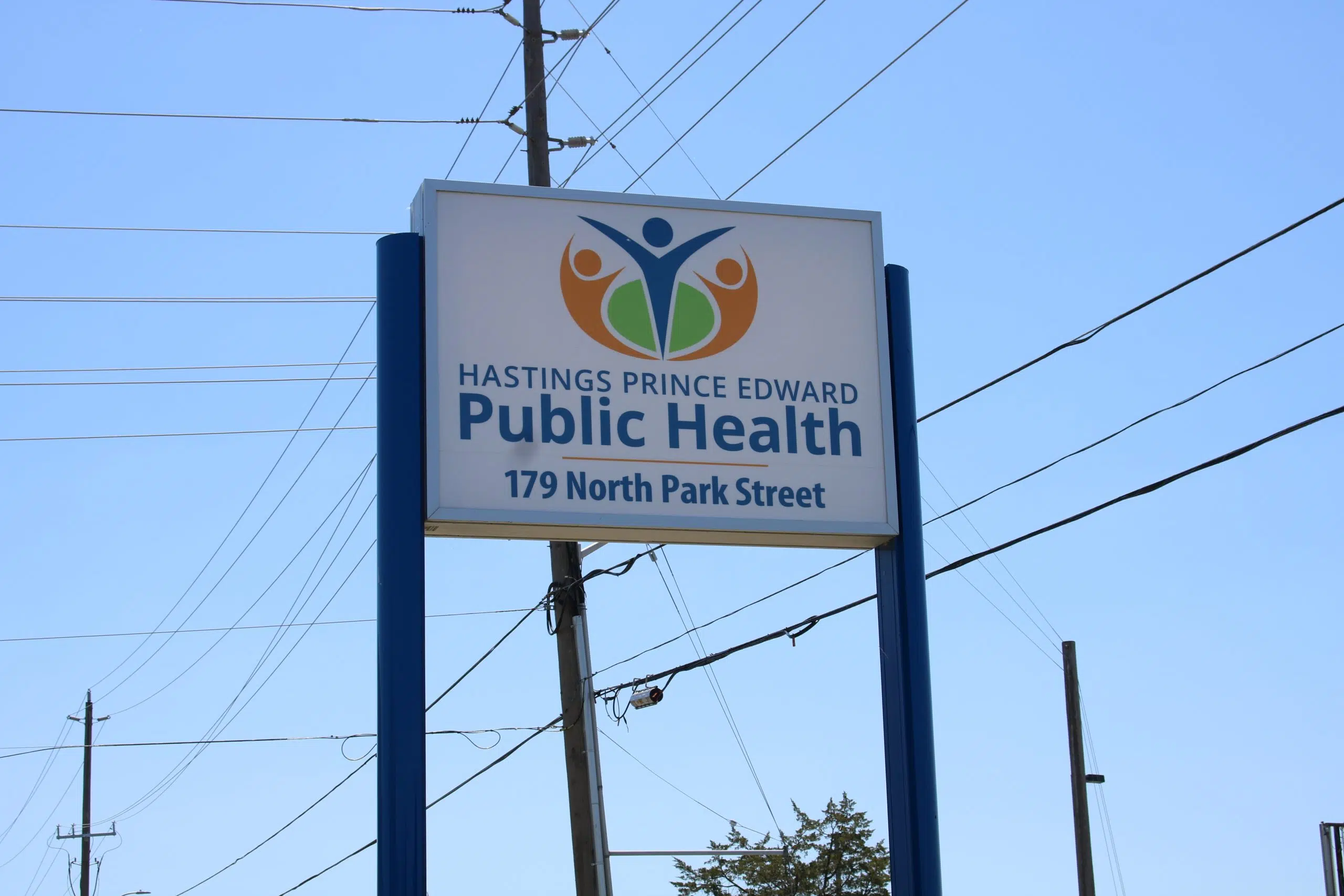Hastings Prince Edward Public Health has confirmed a case of Avian influenza, also known as the bird flu, in deceased Canada geese in Belleville.
The health unit says bird flu is usually spread among wild bird populations but can sometimes affect commercial poultry or other animals such as dogs when they come into contact with infected animals.
While rare for it to spread to humans, most cases for humans have come as a result of close contact with commercial poultry.
There are no confirmed cases in humans in Canada.
Residents are reminded to avoid contact with sick, dead, wild or domestic birds.
The health unit has provided the following to reduce the risk of avian flu:
- Avoid direct contact with wild birds and other wild animals.
- Observe them only from a distance.
- Contact your local municipality and the Canadian Wildlife Health Cooperative online or by calling 1-800-567-2033 to report ill or dead birds/animals.
- If contact with a dead bird or animal is unavoidable, wear gloves, place the bird/animal in a doubled plastic bag and tie it closed. Avoid contact with blood, body fluids and feces. You should then wash your hands with soap and warm water.
- Wash hands thoroughly with soap and water after touching any bird feeders, bird baths or any potentially contaminated areas.
- Consider removing backyard bird feeders and bird baths.
- If they can’t be fully removed, place them as far from family pets as possible and clean with a bleach and water solution (one-part bleach to nine-parts water) at least once every two weeks.
- Keep family pets away from birds and fecal matter. Keep cats indoors and dogs on a leash to limit the potential for an encounter with an infected bird.
- Do not attempt to rescue birds in distress, especially on any bodies of water.
- If you become ill with influenza symptoms (e.g., fever, cough, sore throat) within 10 days after handling wild birds or other wildlife, see your health care provider. Inform your healthcare provider that you have been in contact with wildlife.
- As another layer of protection, HPEPH recommends that all residents get their annual flu shot. Although seasonal influenza vaccine does not prevent infection with avian flu viruses, it can reduce the risk of getting sick with human and avian flu viruses at the same time.






